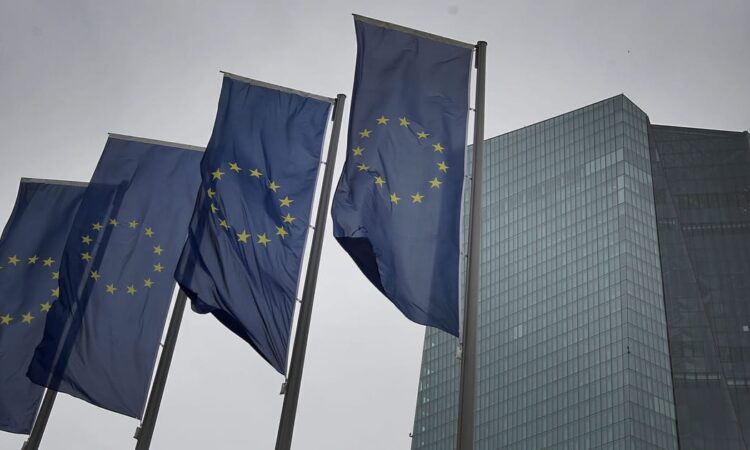
Now, however, the banks will have to charge a little less interest on their loans. That means they might profit a bit less too, potentially driving them to keep savers’ rates lower for longer to squeeze as much as possible out of that differential. As Balboni pointed out, bank profit margins are such that they don’t currently need to compete for savers — so don’t expect much change there.
Impact on European politics
One quirk of this rate cut is that it comes on the same day as the European election kicks into gear.
Typically, for nations which control their own currencies, interest rate cuts before elections can be seen as unfairly boosting incumbent governments. Central banks are loath to be seen as doing this, since most are legally bound to be independent and prefer to be seen as neutral players. It’s why the U.S. Federal Reserve has been so cautious about cutting interest rates before the U.S. election, and why the National Bank of Poland’s Adam Glapiński is now facing a state tribunal over his alleged manipulation of interest rates before the election last year, which removed his Law and Justice allies from power.
However, the ECB runs the monetary policy of the entire eurozone, which spans 20 different countries. Its 20 associated Governing Council members — comprising the central bank governors of all eurozone members — take pains to produce policy that is independent from the politics of their respective national capitals. What’s more, not all of them explicitly follow the politics of European Commission President Ursula von der Leyen, and it would be hard to project malign motives onto 20 governors whose views often diverge wildly.
Even if there is a perceived relationship between the ECB’s decision and von der Leyen’s competence as a leader (which is unlikely) most voters don’t judge EU elections, such as those happening now, to be as important to their lives as national ones. As POLITICO has reported in recent months, many voters instead view EU elections as referendums on national political programs, and few see or even understand the impact of the distant, abstract ECB.
“I don’t think the decision to cut rates is political in a Brussels/Parliament/Commssion sense,” said central bank watcher Meyrick Chapman, of Hedge Analytics. It’s only political for ECB officials, who “need to be seen to be helping because otherwise, the populace will hate us even more than they do already,” he added.






